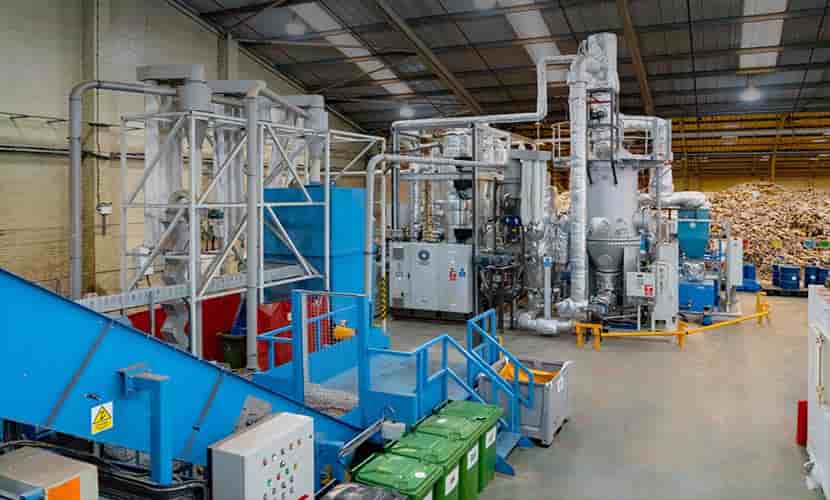Welcome To ChemAnalyst

Swedish Plastic Recycling (SPR) Site Zero, the Swedish plastic recycling plant located in Motala, has planned a huge investment amounting to USD 116 million to implement its plan for doubling the capacity of its Site Zero plastic recycling plant to enable recycling of 200 kilotons of plastics used in packaging per year.
As reported by SPR, the upgraded facility, set to mark its completion in 2023, will endorse an added competence of the potential to recycle 12 different categories of plastic packaging which is a significant improvement over its existing ability for recycling only 4 types. Furthermore, the plant will also encompass the sorting capacity for Polypropylene (PP), Polyethylene Terephthalate (PET) bottles (transparent and colored), High Density Polyethylene (HDPE), Low Density Polyethylene (LDPE), Polyvinyl Chloride (PVC) and Polystyrene (PS) films. The sorting process will be accomplished by employing 60 near-infrared (NIR) sensors and approx. 5km long conveyer belt.
The Site Zero plant is already a well-known name in Europe for its efficient sorting, separation, recycling, and zero percent incineration of packaging plastic facility. Armed with world-class technology through the current investment, the Site Zero facility is soon to gain the title of the finest plastic recycling facility in the world. SPR further confirmed to build the washing and granulation of plastic facility by the end of 2025 in phase two of the planned project.
The investment also concentrates on making the Site Zero facility a climate-neutral zone through its renewable energy-driven infrastructural setup and the use of carbon capture storage technique to capture carbon dioxide from the plastic waste that cannot be recycled. The Environmental Protection Agency of Sweden has also supported the project by disbursing USD 20.9 million under its climate investment aid programme known as Klimatklivet.
Plastic products have ingrained almost every sector including household, food and packaging industries, construction, automotive, electricals, utility, medical devices etc. For instance, HDPE is the most commonly used form of plastic in the food and packaging sector whose demand has been increasing in the past years due to increasing urbanization and growing preference towards packaged goods rather than unwrapped/loose products. In fact, the pandemic period has increased the dependency of people on packaged foods and household products, consequently surging the demand for HDPE.
As per ChemAnalyst, the HDPE consumption is expected to increase with more than 6% of year-on-year rate. The extensive usage of HDPE and other forms of plastics have attracted restrictions and regulations by governments across the world due to their high wastage and non-biodegradable nature. Sweden’s investment to create a world-class recycling facility marks a significant step in including plastics in the regime of the circular economy.
We use cookies to deliver the best possible experience on our website. To learn more, visit our Privacy Policy. By continuing to use this site or by closing this box, you consent to our use of cookies. More info.
